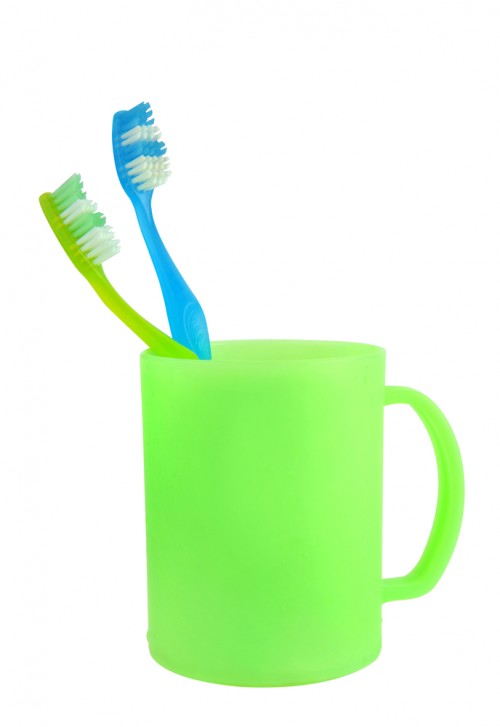PUBLISHED IN TCI WEEKLY NEWS
October 11th 2013
 A dental abscess is an accumulation of pus that forms inside a tooth or gum. The abscess typically originates from a bacterial infection that makes its way into a tooth.
A dental abscess is an accumulation of pus that forms inside a tooth or gum. The abscess typically originates from a bacterial infection that makes its way into a tooth.
Your mouth is full of bacteria, which combine with small particles of food and saliva to form a sticky film called plaque, which builds up on your teeth. If the plaque is not removed by regular and proper tooth brushing, the bacteria can attack the teeth and gums, which compromises their health and can lead to the formation of a dental abscess. Dental abscesses often cause significant pain (usually a throbbing pain which increases when pressure is applied) but may cause no pain at all, so a patient may not be aware that they have one. Other symptoms can include sensitivity to hot and cold foods/ liquids, bad taste or smell in the mouth and fever.
There are 2 types of dental abscesses.
Periodental Abscess
A periodontal abscess occurs when plaque bacteria infect your gums, causing severe gum disease (also known as periodontitis). Periodontitis causes inflammation of the gums, which can make the tissue surrounding the root of your tooth separate from the side of your tooth. This separation creates a tiny gap called a periodontal pocket, which allows bacteria to enter and spread and can be very difficult to keep clean. The periodontal abscess is formed by the build-up of bacteria in the periodontal pocket.
Periapical Abscess
A periapical abscess occurs when the integrity of the tooth is compromised due to dental decay. Bacteria enter through the decay and invade the pulp chamber of a tooth thus causing the pulp to die. This infection spreads outwards into the bone from the end of the root canal to form an abscess.
Risk factors for a dental abscess include:
• poor oral hygiene – if you do not brush your teeth and floss regularly, your risk of developing a periodontal abscess is increased
• having a diet high in sweet and sugary food and drink thus increasing the risk of dental decay and so periapical abscess
• having a weakened immune system – this may be due to having an underlying health condition, such as diabetes, or the side effects of treatments such as steroid medication (corticosteroids) or chemotherapy.
Treatment
The only person who can effectively treat a dental abscess is a dentist. Treatment will involve the abscess being drained of the pus and any damaged tissue being removed. In the case of a periapical abscess this will involve a root canal treatment and filling. For a periodontal abscess the periodontal pocket will be cleaned and scaled and further routine professional cleanings may be scheduled until the gums are healthy and the pocketing his disappeared.